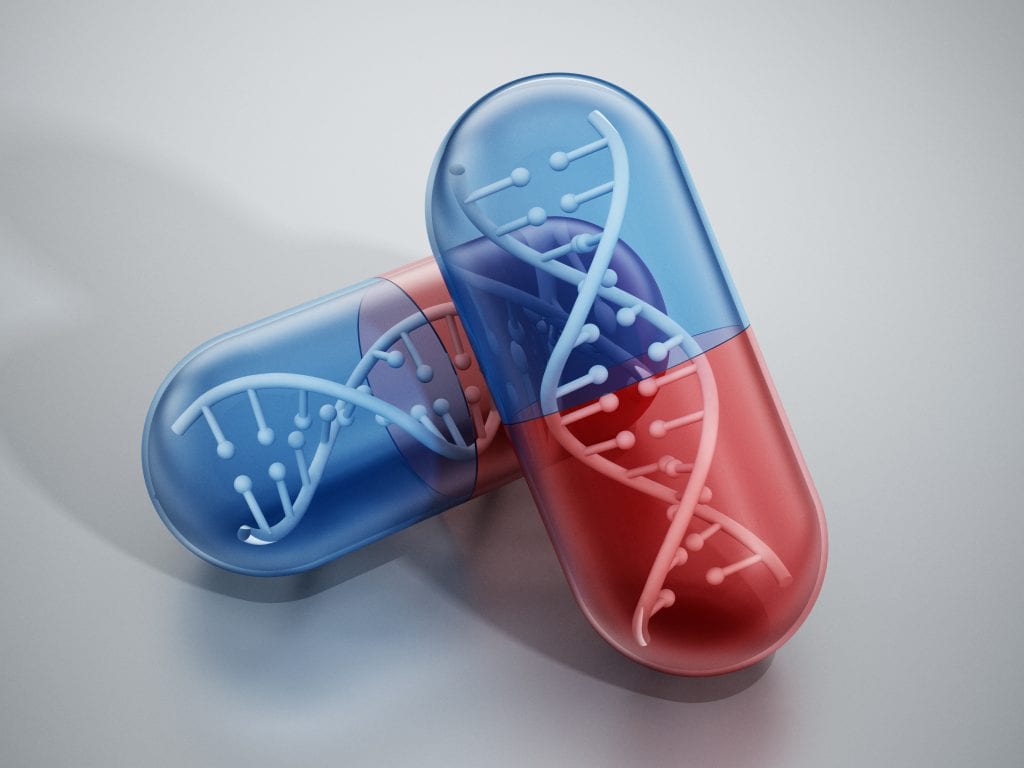Could This Be the Secret To Stop Ageing In Its Tracks?

There are many secrets yet to be discovered about the human body and one of them is finding a way to slow down and even prevent us from ageing. Scientists are now delving into techniques to help people live not necessarily longer lives, but healthier lives by countering the effects of ageing. The discovery of a new synthetically produced male hormone called Danazol is showing positive results in this regard.
Experiments conducted in Brazil and the US have shown that Danazol stimulates the production of an enzyme called telomerase, which is known to keep cells young by preventing the DNA inside from shrinking. This is achieved by stopping the degeneration of telomeres – the caps at the end of the chromosome which has been associated with the ageing process. Cells in the human body have the ability to regenerate and assist with natural healing. Each time a cell divides, the telomeres shortens until eventually the cell can no longer divide and dies off. By preventing the telomeres caps from decreasing in length, it enables the cell to live longer and in turn affects ageing.
In other past studies, it has also become evident that ageing cells can be stopped by increasing telomerase, which is produced naturally by human cells. This process is similar to blood-forming cells. A deficiency of telomerase can have a negative impact on certain organs and increase the risk of cancer. Recent studies show that prescription steroids are responsible for producing telomerase on demand, which confirms what scientists had previously observed in the laboratory.
With this knowledge in mind, scientists are optimistic in trying to develop a cure for diseases such as pulmonary fibrosis and aplastic anaemia, where the bone marrow stem cells age prematurely. In a study performed over a two year period, 27 participants who were suffering from aplastic anaemia were given Danazol steriods. Usually an average person loses about 100-120 telomere base pairs per year whereas those with telomerase deficiencies can lose between 200-600 base pairs over the same period of time. However, with the new treatment, it was discovered that the length of telomere cells stopped shrinking and the base pairs increased by an average of 386. The participants haemoglobin mass also increased which meant that fewer blood transfusions were needed.
Hormones come with their own set of complications and side effects, such as mood swings, digestive issues and fatigue. However, scientists are moving cautiously ahead to try and find cures for these diseases and the best anti-ageing solutions for the future.